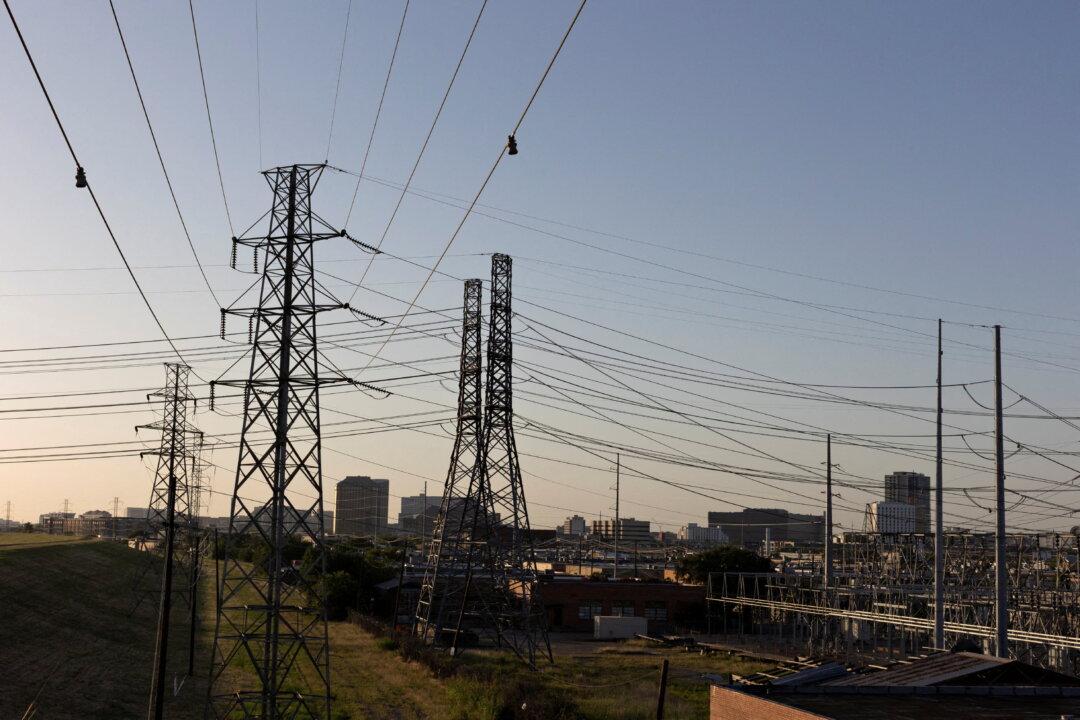The commissioners of the Federal Energy Regulatory Commission (FERC) sounded the alarm on a deteriorating U.S. grid in a House hearing on June 13.
At one point, Rep. Jeff Duncan (R-S.C.) asked the commissioners a yes-or-no question: “Has electric reliability worsened or improved over the past three years?”





